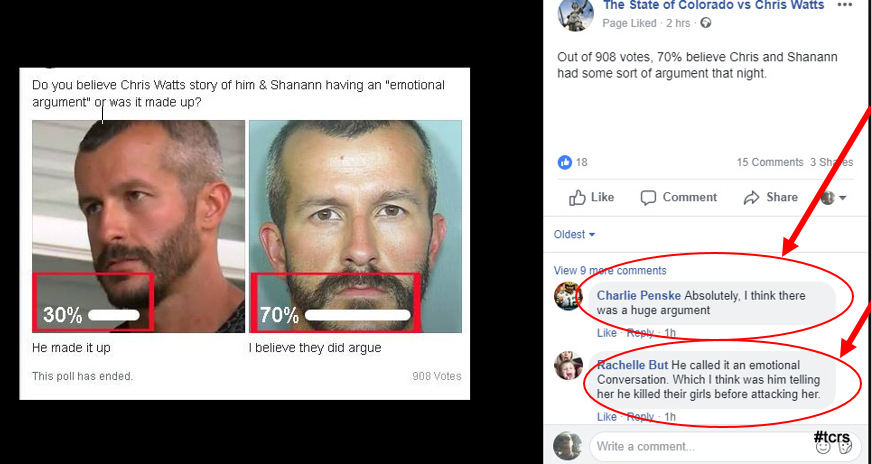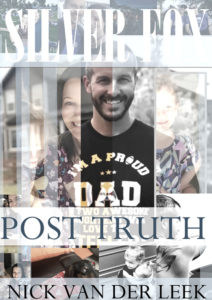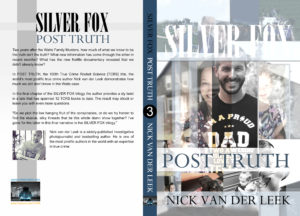Chris Watts told investigators he had an argument with his wife before killing her. Makes sense, right? And if he said he had an argument, that part must be true. If he also killed the children, did he have an argument with each of them too? Okay so maybe he did. So why did his argument/s then matter and not the hundreds of arguments they’d had on any other day?


The question of argument basically addresses the issue of whether this was premeditated murder or not. 7/10 people say it wasn’t premeditated murder, that Chris Watts simply got into an argument and became emotional. He’s that kind of guy. In other words, 7/10 people believe Chris Watts’ version of events. If the Colorado jury that’s going to decide on this case is anything like the majority of people, the prosecution may have a difficult case on their hands.

What do you think? Argument or no argument?
Intuitively people are on the right track. There tend to be arguments precipitating murders, which is why true crime is chock-full of murder-accused who deny this. OJ Simpson. Scott Peterson. Casey Anthony. Burke Ramsey. Amanda Knox. Oscar Pistorius. Henri van Breda.
The issue isn’t whether their were arguments, but when they happened. We know there were arguments.

But we should be cautious taking Chris Watts’ word – for anything. Here’s why.
In excerpts from the affidavit below, reading between the lines, Chris Watts is careful to describe a “quiet” argument. In other words, they’re confronting one another about separating and about his affair with his work colleague, but neither him nor Shan’ann are raising their voices at 02:00 or 04:00 or whenever this emotional conversation was supposed to have happened.
If it happened, did anyone hear it? The neighbor who heard how the tone of the dog’s bark changed in the day, could they not hear raised voices in the dead of a summer night?
When, in the history of confrontations between couples about cheating has the aggrieved party not raised their voice? And yet the affidavit uses words like “began talking” and “civil conversation”. It was “not an argument” because he “told” Shan’ann this and went to “speak” to her about that.
What about Shan’ann? Did she respond to being told and his speaking by telling him things in return, and speaking in a civil tone in her response? There’s nothing here about how she’s speaking or responding to being told – in the wee hours of the morning after her business trip – sorry honey, I’ve been cheating on you, I’m done.
His first story in his Sermon on the Porch was that they had this quiet conversation and Shan’ann simply said, ‘Okay then, I think I’ll go visit a friend today.’ The affidavit is an adaptation of that ruse, and not a good one.
Knowing what we know about Shan’ann, that she was pregnant, that she was an extrovert, that she was the dominant factor in the relationship, that she was the more emotional of the couple, and what happened during her first marriage [see below] does this quiet, civil conversation nonsense ring true? It shouldn’t.
https://youtu.be/yIl3RLSgMMo
What Chris Watts is playing for in his affidavit is a credible excuse for why no neighbors heard arguing that night. Either they argued quietly, the first couple in history to do so, and the first family murder to take place after a polite conversation in history, or it was a premeditated murder and it was silent for that reason.











Recent Comments